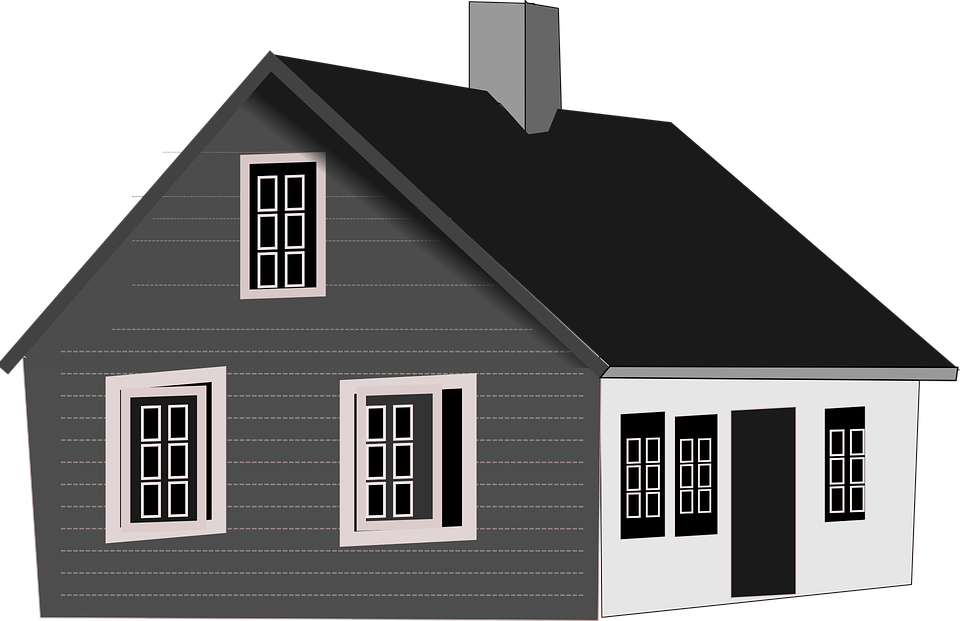How to Spot Quality Construction When House Hunting
House hunting can feel like an adventure filled with excitement and anticipation. You’re not just looking for a place to live; you’re searching for a home that will stand the test of time. But how do you ensure that your dream house isn’t hiding any hidden problems behind its charming façade? Quality construction is key, and knowing what to look for can save you from future headaches. As you step into potential homes, keep your eyes peeled for crucial indicators of quality craftsmanship. From the foundation to the roof, every detail matters in determining whether a property is worth your investment.
Foundation Red Flags
 The foundation is the backbone of any home. Spotting issues here can save you a lot of trouble later on. Look for cracks in walls or floors, especially those that widen as they approach corners. These can signal underlying problems. Uneven floors are another red flag. If you notice areas where the floor slopes or feels bouncy, it might indicate shifting soil or structural damage below.
The foundation is the backbone of any home. Spotting issues here can save you a lot of trouble later on. Look for cracks in walls or floors, especially those that widen as they approach corners. These can signal underlying problems. Uneven floors are another red flag. If you notice areas where the floor slopes or feels bouncy, it might indicate shifting soil or structural damage below.
Additionally, check for water pooling around the exterior of the house after rainstorms. Poor drainage can lead to serious foundation issues over time. Don’t ignore signs of mold or moisture in basements—these could point directly to foundational flaws that need immediate attention before making a purchase decision.
Window and Door Installation Tells
When house hunting, windows, and doors can reveal a lot about the quality of construction. Start by checking for proper alignment. Gaps between frames or uneven seals often indicate rushed installation. Next, look closely at the materials used. High-quality windows typically have double or triple-pane glass and sturdy frames made from wood, fiberglass, or vinyl. If you find single-pane glass or flimsy materials, that’s a red flag. Pay attention to hardware too—hinges and locks should feel solid and operate smoothly. Loose handles can signal shoddy work. Also, watch out for condensation between panes; this points to seal failures that could lead to energy loss over time. Inspect any caulking around the edges of doors and windows.
HVAC System Evaluation Basics
When house hunting, pay close attention to the HVAC system. This often-overlooked component can greatly impact your comfort and energy bills. Start by checking the age of the unit. Most systems last around 15 years. If it’s nearing that mark, you may face costly repairs or a replacement soon after moving in. Look for signs of maintenance. A well-maintained system typically has service records available. Regular filter changes and tune-ups indicate care from previous owners. Listen for odd noises when the system runs. Rattling or buzzing can signal underlying issues that might need immediate attention. Don’t forget about airflow! Rooms should feel evenly heated or cooled without hot spots or drafts.
Plumbing and Electrical: Hidden Signs of Poor Quality
 When inspecting a home, the plumbing and electrical systems often hide signs of poor quality beneath the surface. Start by checking for water leaks or stains on walls and ceilings. A damp smell can also signal issues within pipes …
When inspecting a home, the plumbing and electrical systems often hide signs of poor quality beneath the surface. Start by checking for water leaks or stains on walls and ceilings. A damp smell can also signal issues within pipes …



 it, then how much did you use to construct it? These figures will give you a starting point from where you can either pivot about or below to determine the market price.
it, then how much did you use to construct it? These figures will give you a starting point from where you can either pivot about or below to determine the market price. Property valuation is necessary for some reasons. First, it allows you to sell your home at a competitive rate when you feel it is time to do so. Without knowing the monetary worth of your home, you might sell it at a throwaway price. Conversely, if you put it on the market at an exorbitant price, you might never sell it.
Property valuation is necessary for some reasons. First, it allows you to sell your home at a competitive rate when you feel it is time to do so. Without knowing the monetary worth of your home, you might sell it at a throwaway price. Conversely, if you put it on the market at an exorbitant price, you might never sell it.